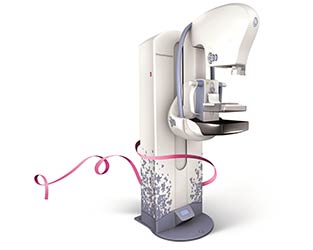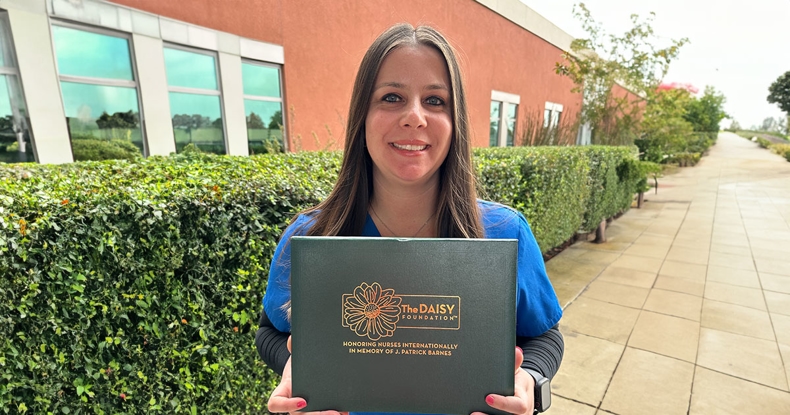5 Ways to Improve Your Food Attitude for 2020
- Category: LVMC Updates
- Posted On:
- Written By: Hayley Esdaile

In our society, the word "diet" is often used as a four-letter-word. We usually associate diet with deprivation, giving it a negative connotation. The more accurate definition of diet is simply the types of foods and beverages consumed daily, along with the attitudes and behaviors with which they are associated.
For improvements in general health, and the ability to manage our weight, the types of foods and beverages we put into our bodies are fundamental. Despite its importance, before we are able to change WHAT foods we put into our body, it is necessary to change our emotions related to food and gain control of our eating habits.
For you to make long-lasting and beneficial lifestyle changes, the adoption of mindful eating behaviors is essential.
1) What is Mindful Eating?
![]() Mindful eating is an awareness of how food choices affect our health and well-being. Practicing mindful eating enhances our understanding of what we eat, how much we eat, and why we eat. Below are some components of mindful eating and healthy behaviors to help gain control of your eating habits.
Mindful eating is an awareness of how food choices affect our health and well-being. Practicing mindful eating enhances our understanding of what we eat, how much we eat, and why we eat. Below are some components of mindful eating and healthy behaviors to help gain control of your eating habits.
2) Recognize Hunger and Satiety Signals
![]() This is easier said than done. As children, many of us were made to finish the food on our plates. Research now shows that this is detrimental to our eating habits, due to the effect on our ability to recognize when we are satisfied.
This is easier said than done. As children, many of us were made to finish the food on our plates. Research now shows that this is detrimental to our eating habits, due to the effect on our ability to recognize when we are satisfied.
If you are uncomfortable after eating, you likely overate. It is essential to reflect on how much you ate and make appropriate changes to avoid feeling uncomfortable at your next meal. Eating to the point of being pleasantly full, or satisfied, is best. It is not always easy! Despite what your parents taught you, you do not have to clean your plate.
3) Stop Labeling Foods as "good," and "bad"
 When we give a negative connotation to foods by labeling them as "bad," we allow harmful thoughts about these foods to take over. If a "bad" food is eaten, we are then often overcome by guilt and shame. This can lead to unhealthy eating behaviors such as binge eating and eating in secret.
When we give a negative connotation to foods by labeling them as "bad," we allow harmful thoughts about these foods to take over. If a "bad" food is eaten, we are then often overcome by guilt and shame. This can lead to unhealthy eating behaviors such as binge eating and eating in secret.
Instead, dietitians recommend labeling foods as "always" and "sometimes" foods. Doing so allows us to feel good and avoid harmful emotions about the foods we eat.
4) Know the Difference between Physical Hunger and Psychological Hunger
![]() We live in a food-centric society. Because of this, avoiding cravings is near impossible. What you can do is learn how to recognize when you are physically hungry and when it is just a craving (psychological hunger).
We live in a food-centric society. Because of this, avoiding cravings is near impossible. What you can do is learn how to recognize when you are physically hungry and when it is just a craving (psychological hunger).
Physical hunger: This can be felt in the body. It may be in the form of a stomach growl, low energy, or other physical messages your body is sending. When you feel physical hunger, go ahead and grab a snack or start planning for your meal.
Psychological hunger: This usually occurs when we see or smell food, and can arise even if we have just eaten a meal. During moments of boredom, sadness, or anxiety, we often reach for comfort foods to heighten pleasure. When psychological hunger is recognized, it is best to participate in another activity to distract from your cravings.
5) Consider Your Eating Environment
![]() Avoiding distractions during meals is an essential component of mindful eating. Multi-tasking while eating can cause us to overeat without realizing it.
Avoiding distractions during meals is an essential component of mindful eating. Multi-tasking while eating can cause us to overeat without realizing it.
Some suggestions to improve your eating environment include:
- Sit at the table for meals
- Turn off the TV and leave your phone in the other room
- Use a plate and avoid eating out of containers
- If able, eat with others and share conversation
Improvements in the way we eat are typically not considered when trying to improve our general health and manage desirable weight changes. Gaining control of our eating habits is step 1 on the journey toward a healthy lifestyle. Begin 2020 with a healthy outlook on food and the best way to nourish your body and mind!






